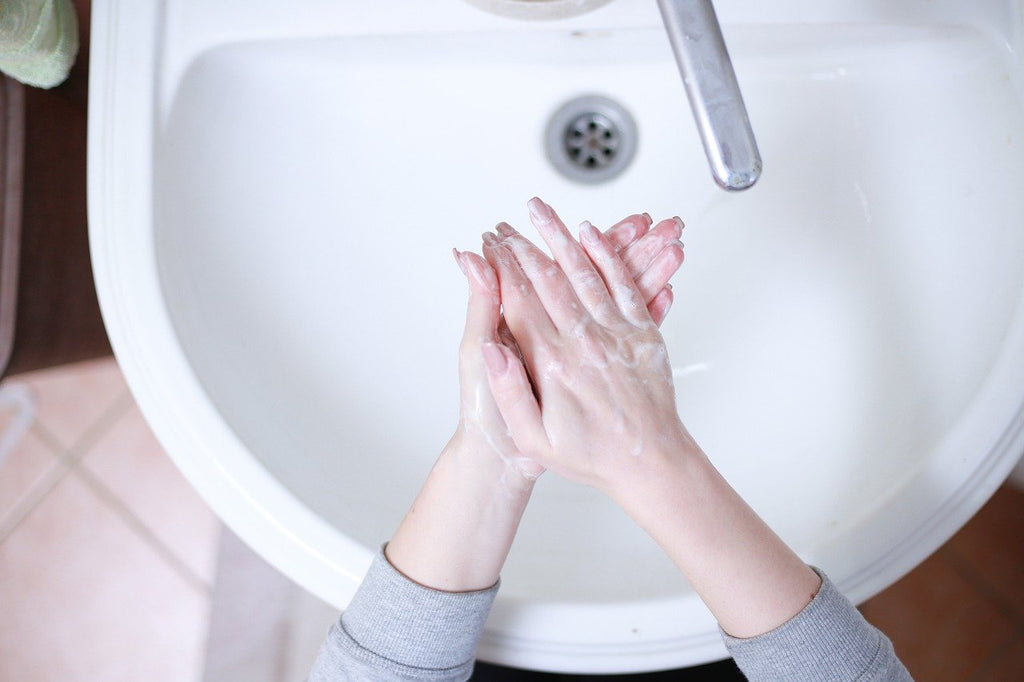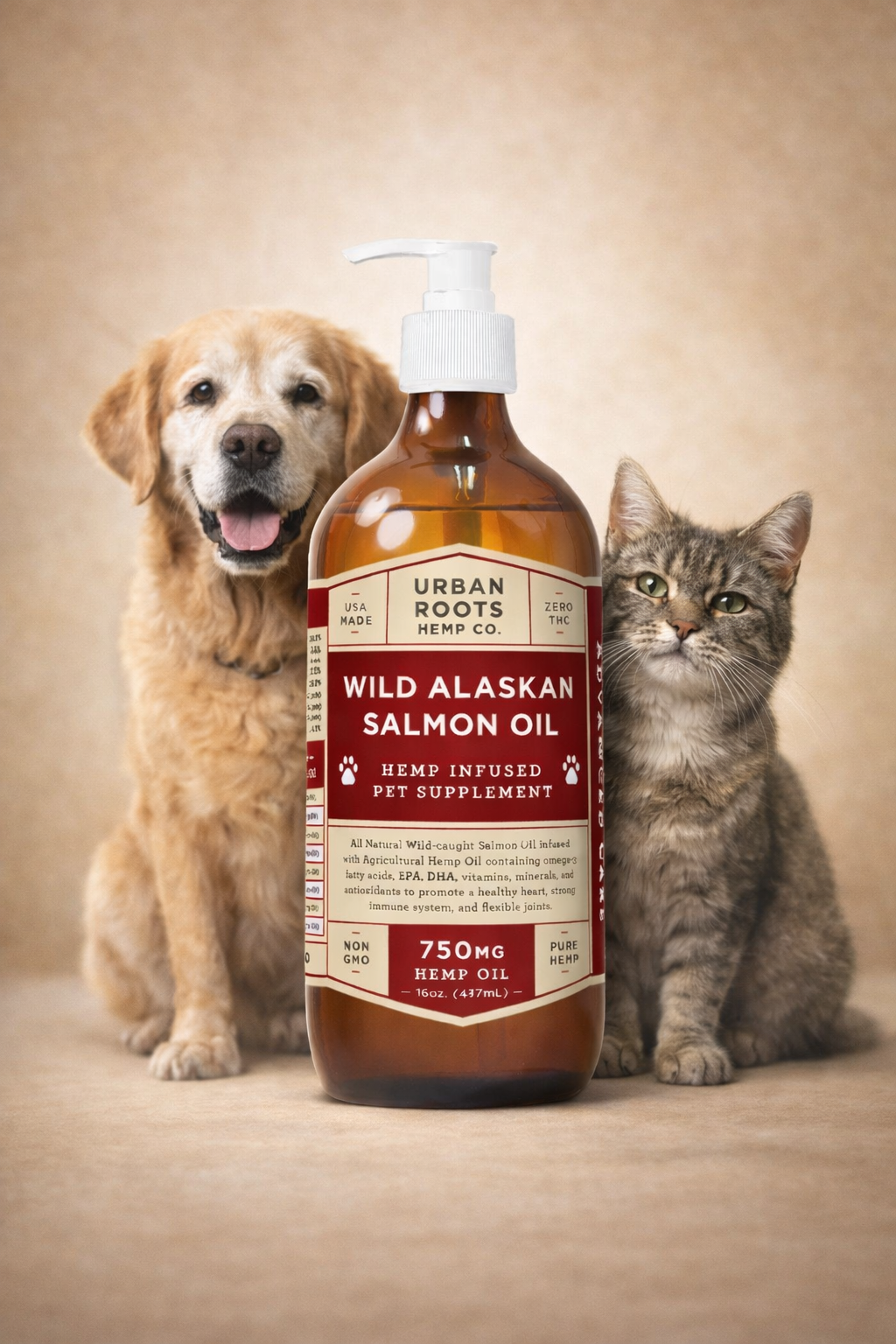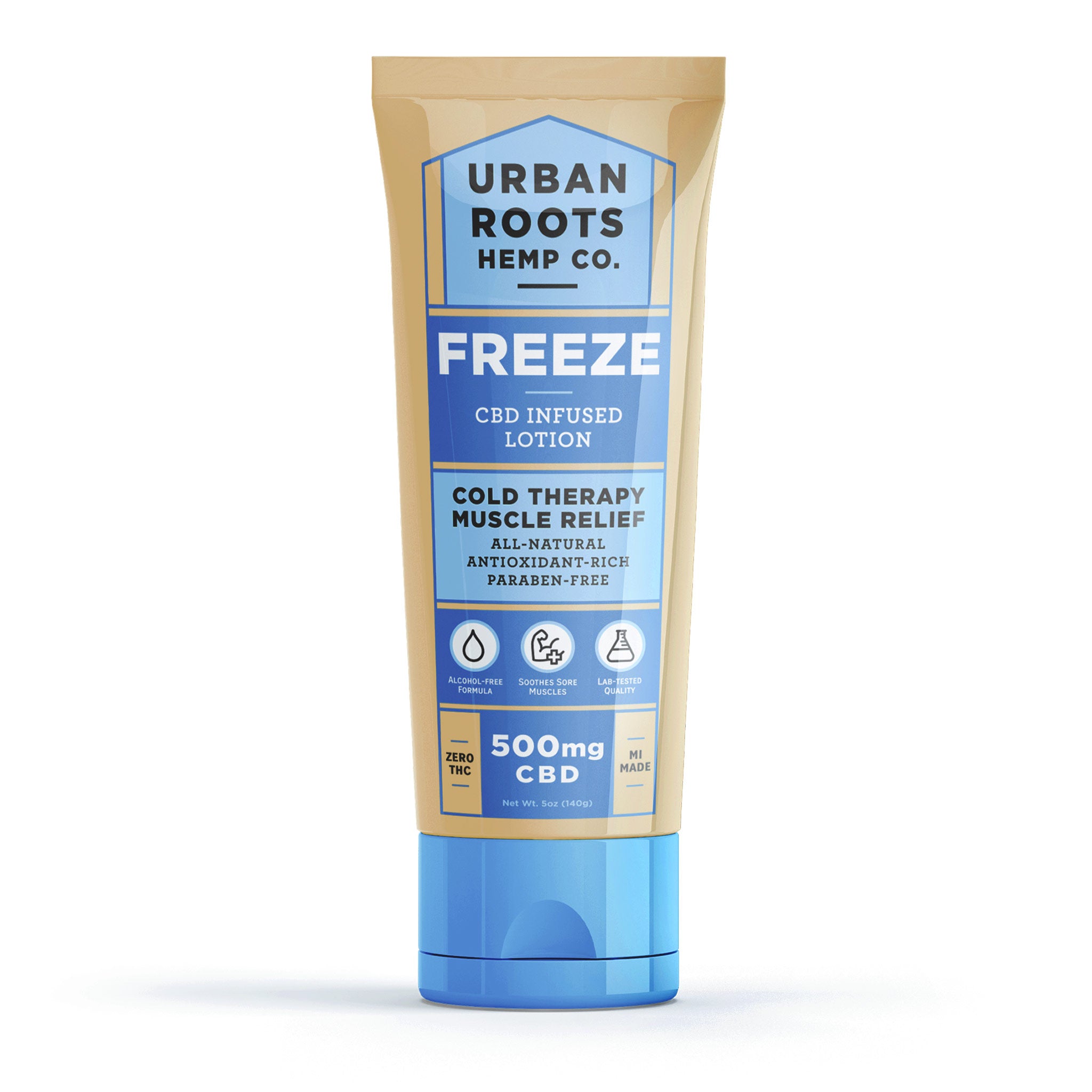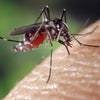Is CBD Hand Sanitizer Effective? Here's What We Know


At Urban Roots Hemp Co., our goal is to offer CBD products that are effective and that help our customers achieve their health goals. We only have products on our website and in our distribution network that we personally believe in and, in many cases, use ourselves. Quality and efficacy are our two primary standards, and we avoid or are slow to adopt CBD products that are “gimmicky” or fads or which have yet to prove to themselves to our team and the wider CBD world.
The thing about the CBD industry, and many new industries, is that there is always potential for companies to embellish or exaggerate. This behavior could be the result of the several factors. Maybe because the product is new to consumers so they aren’t familiar with it or because it isn’t quite on the mainstream radar yet, so there aren’t many consequences for companies who engage in misleading marketing or sales tactics.
Is the CBD Industry Susceptible to Misinformation?
Let’s be honest here, this problem is especially relevant for CBD products. That’s because there has been quite a bit of research and preliminary studies for a lot of its applications, but not exhaustive amounts yet. And the fact of the matter is, the research that has been done looks extremely promising and will likely open the door to a lot of further study in the years to come.
However, the fact that much of the current research points to the potential of CBD to solve or aid a wide variety of health problems has caused many to look at it as some sort of cure-all drug. The truth is, it’s just too early to tell if that is true or not. But that perception has opened the door for many companies to make some pretty wild, often unfounded claims about their products, as well as to promote CBD as some sort of gimmick that can be used for everything under the sun.
At Urban Roots, we go through great efforts to only offer products that have proven their efficacy. We also try to inform our customers as much as possible with the latest information, studies, and developments concerning CBD, so that they can make the best choice possible about whether or not a product is right for them. If you want to see for yourself then check out the rest of our extensive blog that has articles backed up by and linked to reputable sources.
In other words, we do what we do because we really believe in our products, and they have a proven track record of helping our customers.
CBD Hand Sanitizer
Okay, so that was a long winded introduction so that you can understand our motivation, as well as the climate of the industry we find ourselves in. The fact of the matter is that some companies, by no means all or most, may try to take advantage of many peoples’ lack of knowledge about CBD, as well as of the perception that it is a cure-all that can help anything and everything.
This seems to be the case right now with CBD hand sanitizer. Unless you’ve been living under a rock then you know that the world has been going through something pretty serious the past couple months. COVID-19 has caused a lot of disruptions and hardship, and it has also made people especially interested in keeping their hands as clean as possible. Stores have had runs on everything from hand soap to hand sanitizer to disinfectant wipes. There has also been a swift rise of hand sanitizer products that contain CBD.
Although there is nothing necessarily wrong about adding CBD to hand sanitizer products, some companies have begun to make claims that are not backed up by the evidence currently available. Namely, that CBD acts as an effective antiseptic or that it can provide further anti-microbial protection to your skin once the alcohol in the sanitizer dries off.
What We Know about Hand Sanitizer and CBD
What we currently know about hand sanitizer is that alcohol is what does the job. According to the Centers for Disease Control and Prevention (CDC), “hand sanitizer with at least 60% alcohol can help you avoid getting sick and spreading germs to others.” They also go on to say that soap and water should be your first choice and that you should only use hand sanitizer when they are not available.
So where does CBD come in?
To be clear, there have been studies that have indicated CBD has anti-microbial and anti-bacterial properties. There is also early evidence that it might be able to be used as an antibiotic effective against a wide range of bacterial infections. However, these studies have been largely preliminary, and the apparent success of CBD in slowing microbial growth or killing bacteria requires a more in depth look. Hopefully this will come.
There have not been studies that we have seen which indicate that CBD can definitively kill bacteria as effectively as current antibiotics, or that it is effective at neutralizing viruses or other pathogens. At Urban Roots, we are not against people trying CBD for applications that might not be 100% backed up by conclusive research. Part of the attractiveness of CBD products is that they allow you to take your health and wellness into your own hands and see what works and doesn’t work for you personally.
On the other hand, that does not mean that companies should be making definitive claims that CBD will protect you from bacterial or viral infections. It seems as though some companies are taking advantage of the current viral pandemic to boost their sales to scared people by making exaggerated claims not completely backed up by fact or research.
What Can CBD Do?
As of right now, the only benefit that we feel comfortable promoting of CBD in hand sanitizer is that it may help offset the negative effects of alcohol on your skin. Alcohol is tough, which is why it is needed to take out the nasty bugs trying to hitch a ride on our hands to our nose, mouth, and eyes. But when used consistently and repeatedly very often, as many people are doing now during the coronavirus outbreak, it can lead to dry, cracked, and painful hands.
CBD has been found to have a positive impact on the regulation and production of oil in our epidermis. This study found that CBD acts as an effective sebostatic agent. That’s important because the sebaceous glands are responsible for oil production in the skin. Although the mechanism is not 100% understood or known yet, it is thought that CBD will induce your sebaceous glands to produce more oil when necessary and less oil when they are producing too much. More oil will help keep the skin on your hands moisturized in the face of the alcohol onslaught.
Endocannabinoid receptors are found throughout the different layers of our skin and can be activated by external cannabinoids like CBD. In addition to regulating oil production, it can also help temper the body’s immune response and reduce unnecessary inflammation.
These properties are what make CBD an effective topical. Lotions and creams infused with cannabidiol are reported to help keep the skin moisturized, improve inflammatory responses like rashes, redness, and pain, and even relieve joint pain. So, while there isn’t much evidence that CBD functions as an antiseptic that can kill viruses and other pathogens, the research does support using it as a topical to aid skin care.
What the Research Says
In keeping with our themes of being as transparent and informative as possible, here are some additional sources of research for CBD and skin care:
- This study, found in The Journal of Clinical Investigation, concluded that CBD might be effective at fighting acne because it activates the receptors in the sebaceous glands, limiting their production of sebum. Sebum is the oily or waxy material that lubricates our hair and skin, however its overproduction is one of the causes of acne.
- Additional research published in PubMed found that CBD might be effective at treating eczema and psoriasis as well. CBD is thought to help by reducing the inflammation caused by the psoriasis and, possibly, acting through the endocannabinoid system to reduce the rate of skin cell division itself.
Conclusion
We are all for people trying CBD for any of their health problems if they feel it works for them. But we have to be grounded in fact and understand that CBD can’t do everything. We do not think companies should be making unfounded claims directly related to a current health crisis. It might get them some publicity and short term sales, but it is bad for their customers and for the industry. We urge you to keep yourself informed and make your own decisions.









